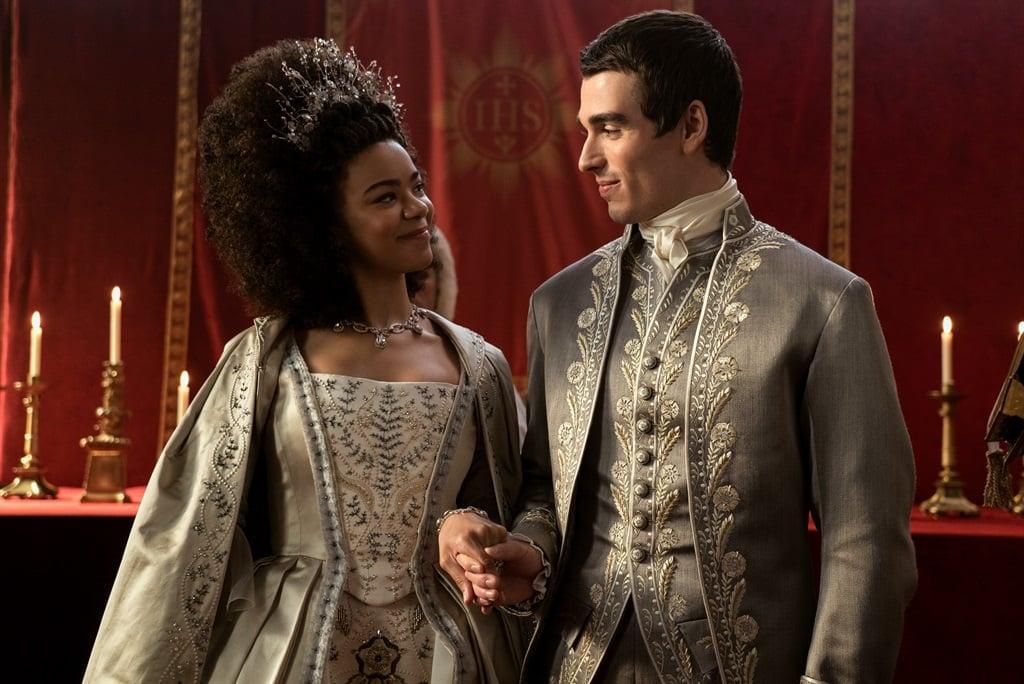Africa-Press – Cape verde. Under pressure from advertisers and the industry to be more transparent about the ratings of its content, Netflix released the first of what it said would be a biannual list of all its shows and films and their hours viewed late on Tuesday night.
The searchable list, which can be viewed and downloaded here, contains the titles of 99% of the shows and films that are currently within Netflix’s entire viewing catalogue.
The list of over 18 000 titles is the first of its What We Watched: A Netflix Engagement Report, releasing the number of hours watched per title between January and June 2023.
It includes the viewing hours of South African productions such as the third season of Blood & Water (10.3 million hours), the first season of Savage Beauty (8.2 million hours), the first season of Young, Famous and African (6.2 million hours), the first season of Ludik (5.9 million), and films such as Silverton Siege (4.8 million hours) and Trippin’ with the Kandasamys (300 000 hours).
Viewing of South African content paled in comparison with Netflix’s most viewed content in the review period, such as the first season of The Night Agent (812.1 million hours), Queen Charlotte: A Bridgerton Story (503 million hours) and the first season of Wednesday (507.7 million hours).
Netflix’s reluctance to release ratings data was parroted by streamers that launched after it, including Disney+, Apple TV+, Amazon Prime Video and MultiChoice’s Showmax, which often send out press releases touting “record viewership” or “new record viewing” without providing any viewership data for advertisers or the industry to track content success or failure.
“This is a big step forward for Netflix and our industry,” the global video streamer said in a statement.
“We believe the viewing information in this report – combined with our weekly Top 10 and Most Popular lists – will give creators and our industry deeper insights into our audiences, and what resonates with them.”
The list gives the hours viewers for every title, original and licensed, watched for over 50 000 hours, the premiere date for any Netflix TV series or film, and whether a title was available globally.
Netflix noted that returning favourites and film sequels did well, including titles such as Ginny & Georgia; Alice in Borderland; The Marked Heart; Outer Banks; You; Queen Charlotte: A Bridgerton Story; XO Kitty; Murder Mystery 2 and Extraction 2.
Netflix also touted the popularity of new series such as The Night Agent, The Diplomat, Beef, The Glory, Alpha Males, FUBAR and Fake Profile as having generated “huge audiences and fandoms”.
The streaming service also noted the “enthusiasm for non-English stories, which generated 30% of all viewing”, as well as the “staying power of titles on Netflix which extends well beyond their premieres”. It also said the demand for older, licenced titles “generates tremendous value for our members and for rights holders”.
During a half-hour press conference on Tuesday, Netflix co-CEO Ted Sarandos said: “The unintended consequence of not having more transparent data about our engagement was that it created an atmosphere of mistrust, over time, with producers and creators and the press about what was happening on Netflix.”
He called the release of the viewership data “an important milestone for our industry”.
“The most effective way to measure engagement is viewed hours. It’s easy to understand; it mirrors measuring parties like Nielsen in the US; and it makes Netflix very easy to compare to other services,” Sarandos said.
“Over time, we’ve been getting increasingly more and more transparent about what people are watching on Netflix. When we started streaming 16 years ago, it was a pretty exotic proposition. There were no other streamers to compare to us and comparing live TV or live+ to Netflix was like comparing apples to oranges.
“As we’ve grown, streaming has become more mainstream, so we’ve become much more open.”
Sarandos also said the release of the viewership data was “on the continuum of transparency as streaming has become more and more mainstream that it’s more on par with other forms of media that have quite accessible information about how things are performing”.
He added that this would create “a better environment for the guilds, for us, for the producers, creators, and for the press”.
For More News And Analysis About Cape verde Follow Africa-Press






